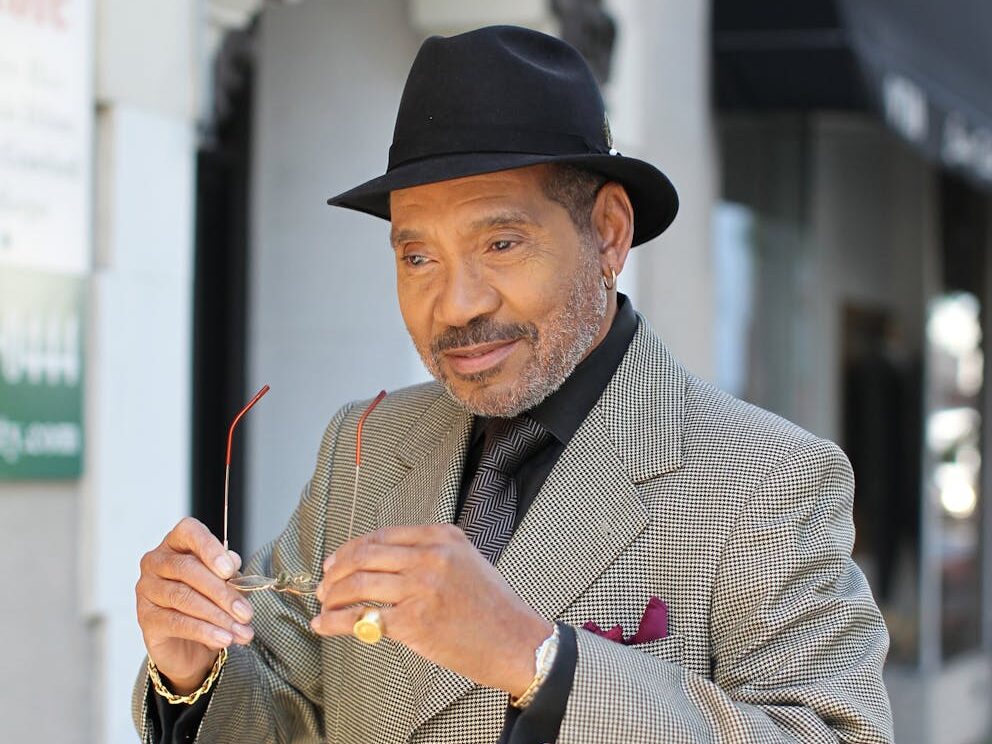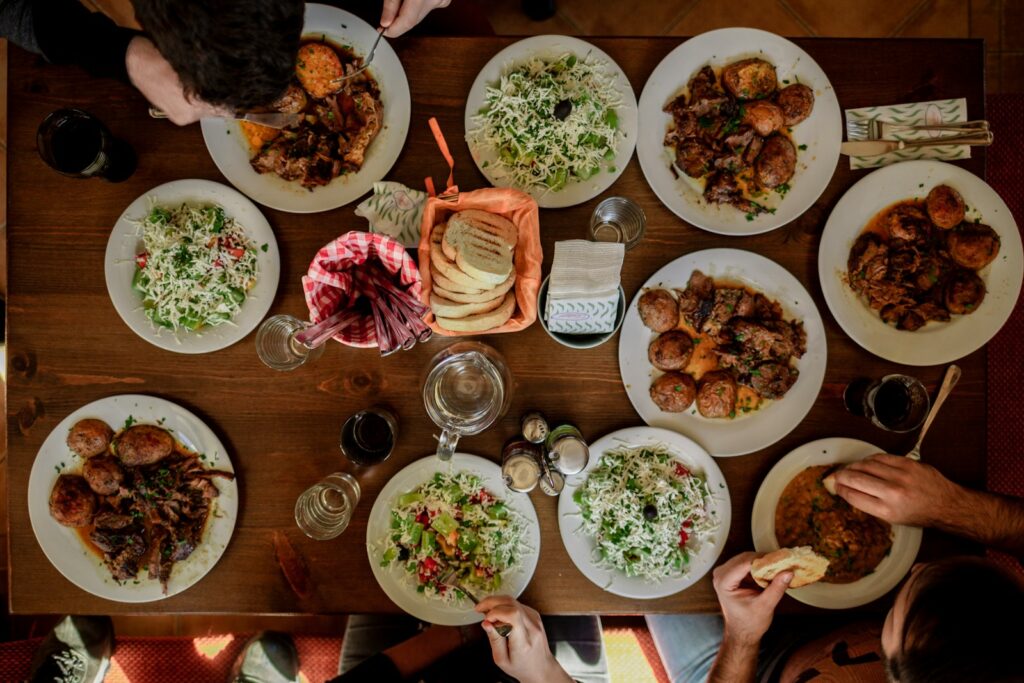Lifestyle
15 Important Social Rules That Boomers Grew Up With

Baby Boomers grew up with a different social script: one where respect, politeness, and personal responsibility weren’t just ideals, they were expected behaviors. While today’s world has relaxed many of these rules, they formed the foundation for how Boomers interacted with others. Whether you see them as timeless or outdated, these rules shaped a generation.
Always Say “Please” and “Thank You”

These words were foundational to how you treated others. You said “please” when you asked for something and “thank you” when you got it, no matter how small. Parents reinforced this constantly, and forgetting them could result in a firm scolding. These words weren’t just good manners; they were daily rituals that built mutual respect.
Never Show Up Empty-Handed

Hospitality was a two-way street. If someone invited you over, you didn’t just bring yourself. You brought something to show gratitude. A dessert, a bottle of wine, or even a simple plant showed that you appreciated their effort. Failing to do so made you look ungrateful or inconsiderate.
Write Thank-You Notes

Boomers grew up in an era where you didn’t just say thanks, but you also wrote it. After birthdays, weddings, or even just a nice dinner, you sent a handwritten note to express your appreciation. It wasn’t about being fancy; it was about taking the time to acknowledge someone’s kindness. A thank-you card was seen as the final step in a thoughtful exchange.
Stand When Someone Enters the Room

This gesture might seem outdated now, but it once signified respect and attentiveness. When an adult or guest entered a room, especially someone older or in authority, Boomers were taught to stand. It showed that the person’s presence mattered, that you noticed them, and that you valued their arrival enough to pause whatever you were doing.
Don’t Interrupt

Interrupting someone was considered rude and immature, no matter how urgent your point felt. Whether in the classroom, at the dinner table, or during a conversation with adults, Boomers were expected to wait their turn. Speaking out of line could lead to swift correction—and a reminder that listening shows respect.
Respect Your Elders

Elders were treated with deference, even if you didn’t agree with them. You addressed them formally, followed their instructions, and never contradicted them in public. Challenging an elder could result in more than just a lecture—it could bring embarrassment or discipline. The idea was simple: age came with authority.
Dress for the Occasion

Jeans weren’t for church. Shorts weren’t for dinner. Boomers were raised to match their outfits to the setting. You didn’t just throw on whatever was comfortable; you dressed to show that the moment mattered. And that meant ironing, tucking in, and leaving the ball cap at home.
Keep Family Matters Private

What happened inside the home stayed inside the home. Boomers were raised not to gossip, vent, or share personal family issues outside the household. Even when things were hard, you kept a strong public front. Privacy was a virtue, and discretion was seen as a way to protect your family’s dignity.
Call, Don’t Text

Before cell phones, a voice-to-voice phone call was the gold standard for communication. Boomers were taught that picking up the phone and having a real conversation showed you cared. It took more time and effort, but that was the point. Texting can be convenient, but to many Boomers, it feels cold, distant, and lacking sincerity.
Hold the Door Open

Holding the door for someone, regardless of gender or age, showed you were aware of others and willing to take a small action to be kind. It’s one of those habits Boomers didn’t even think about—it was automatic. Letting the door slam in someone’s face? That would earn a glare or worse.
Don’t Speak with Your Mouth Full

Dinner was a place to connect, not offend. Speaking with food in your mouth was seen as not only disgusting, but disrespectful to those at the table. Boomers learned table manners early: chew with your mouth closed, no elbows on the table, napkin in your lap. Table behavior was considered a reflection of your character—and your upbringing.
Wait to Be Excused from the Table

Boomer households treated dinner like a ritual. You stayed seated until everyone finished eating, and children especially had to ask permission before leaving the table. It wasn’t a prison—it was about teaching discipline, patience, and the importance of shared time. Meals were for family connection, not fast exits to go watch TV or scroll on the phone.
Be On Time

Being late wasn’t just inconvenient—it was disrespectful. Boomers were taught to show up early, plan ahead, and respect others’ time. Tardiness suggested laziness or a lack of consideration. Whether it was a doctor’s appointment, a job interview, or dinner at a friend’s house, arriving late without a valid excuse was practically a character flaw.
Swearing Was for Grown Men (And Even Then…)

Boomers grew up in a world where public swearing was frowned upon—especially around women and children. Even among adults, there were unspoken rules about when and where certain words were acceptable. Using vulgar language freely made you sound crass or uneducated.
You Don’t Brag About Money or Status

Modesty was a badge of honor. You didn’t flash wealth, drop names, or constantly talk about what you owned. Boomers were taught that humility was classy and self-promotion was tacky. Bragging was viewed as insecurity in disguise. If you were successful, people would know by how you carried yourself, not by how loudly you talked about it.

